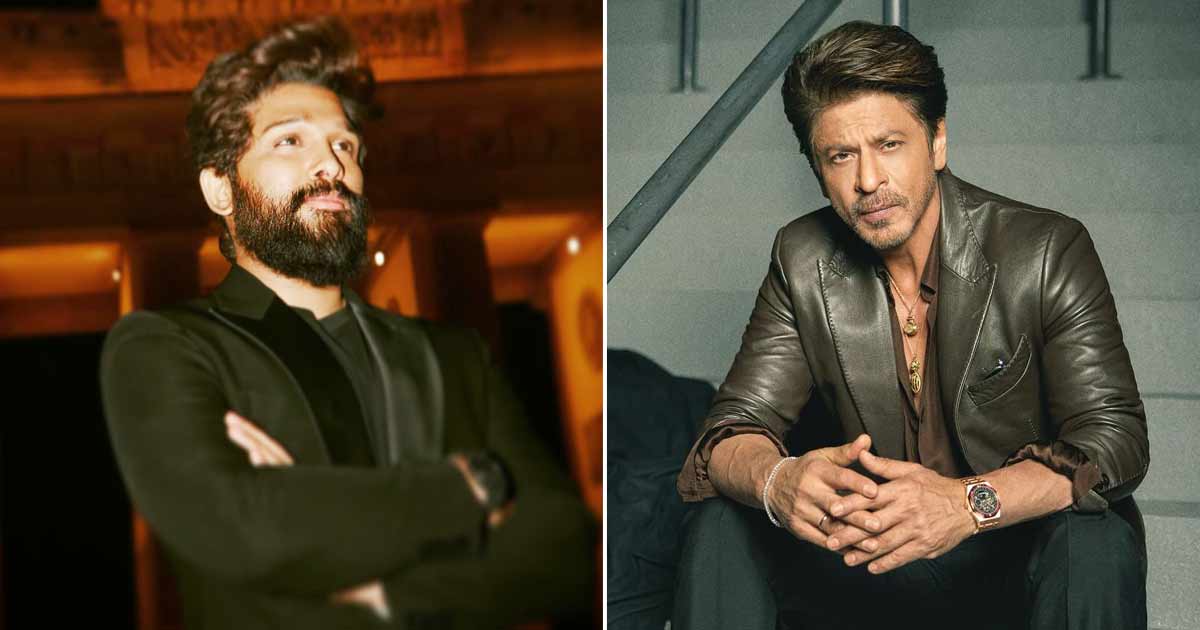A non-exhaustive list of things I have arbitrarily strong feelings about when it comes to weddings: headbands, the number of bridesmaids (more than five is too many), espresso martinis (should be banned), Mr Brightside (argh!), “hats optional” (an edict both stuffy and stressful), any kind of day-after event.
I’m hardly alone in my convictions. Here’s a non-exhaustive list of things other people tell me they find tasteless: naked dresses, lab-grown diamonds, wedding hashtags, too many speeches, not enough speeches, asking for a Peloton.
The point is, people love to gossip about weddings – some of us more than others, and I include myself in that group. We know these opinions are absurd and also possibly ungrateful when we’ve been invited to a party that reportedly costs on average $304 a person in the US, which is certainly more than I’ve ever spent on a friend. It’s fun to play armchair critic when it comes to a public spectacle, and find out if your idea of what’s cool diverges wildly from someone else’s – but occasionally, the conversation can veer towards snootiness.
This kind of commentary – which would see you branded a ghastly snob in any other context – is somehow fair game when it comes to weddings. It’s not often I hear someone say their friend wore a tacky dress to a party; I’ve absolutely heard people make that kind of comment about a friend’s wedding dress. It isn’t lost on me that often the highest compliment given to a wedding is that it was “classy”.
Why do weddings inspire this level of judgment and critique? “A wedding is this massive once-in-a-lifetime celebration, and it is a place where people are going to spend,” says Elise Taylor, a writer at Vogue who covers weddings. The average cost of a US wedding in 2023, according to the Knot, was $35,000 (and much more in large cities like New York, where it was $63,000). “It’s really everyone saying: this is the best, this is my dream, this is what I want to put forth into the world,” says Taylor. And if you put it forth, people will judge.
Weddings say a lot about how a couple wants to be perceived, and the potentially saggy gap between what they arrange and how it lands can be the locus of huge anxiety. One bride, who asked not to be named, was taken aback by the flower budget of a friend’s wedding; the bride hadn’t planned on spending anywhere near as much. “She’ll probably come to my wedding and be like, ‘You absolute paupers, you’ve scrimped.’”
It’s not really our fault that we’re snobby about weddings; or at least, we didn’t start it. Stephanie Coontz, a historian whose book Marriage, A History, was cited in the US supreme court decision on marriage equality, explains that weddings have historically reinforced class divisions. It was difficult to marry into another class, she says, while marriage for the elite was about expanding economic and political power. Weddings were “a way of underlining their power, of underlining their social connections, of exhibiting to others just how wonderful an alliance this would be”.
In the 19th century, the aspirational middle classes, scouring penny papers for tidbits about aristocratic weddings, began to imitate high-society affairs. Many of the wedding traditions we’ve inherited today stem from this flurry of social climbing. Take the white dress, commonly thought to symbolise purity; in fact, it signified wealth. Queen Victoria (also the trendsetter behind the three-tiered wedding cake) married Prince Albert in an ivory Spitalfields silk wedding dress, and suddenly, everyone wanted one. White dresses were costly to make and clean, explains Coontz: “To wear white was to say, ‘I can afford to wear a dress that I either have to have cleaned very expensively or that I will never have to wear again.’” In 1949, Coontz notes, Brides magazine was still assuring brides that a fabulous white gown would make them “queen of the day”.
Today, many of us gobble up the weddings of the merely rich and chic as if they were famous. Taylor says that Vogue Weddings emerged from the giddy reaction to their coverage of royal weddings. Weddings are “deeply fun to gossip about”, she says. “Vogue Weddings is kind of the extension of that culture that we all participate in. It’s just online.” Her team picks weddings that will get people talking: those featuring celebrities, of course, but also naked dresses or a bride who wore jeans.
Pre-internet era, we used to only see the weddings we actually went to; now, it’s possible to see the weddings of probably everyone we’ve ever known – and many we’ve never even met. Some wedding enthusiasts are all for this kind of visibility. “If you’re getting married, and you feel comfortable with it, you should just be public on Instagram for that weekend,” says Tatiana Bravo, 30, who works in tech and estimates that she has attended up to 30 weddings. “Because the reality is everybody wants to creep on other people’s weddings, even people they don’t really even know.”
After all, many of us would argue it’s just human nature to want to dissect such a big event. “It’s kind of like, do you enjoy gossip? And if anyone tells you no, that’s a lie,” says Molly Levine, 26, a product manager from New York, who has seven weddings to attend this year. “It’s a proven thing – it’s easier to connect with other people when you’re gossiping.”
Wedding criticism falls into two categories: criticism about things that affect you and criticism about things that do not. The first area might include such common gripes as wedding sprawl (the additional events that mushroom up around a wedding) or the growing expense of attending a wedding as a guest. The second is really an evaluation of taste, “one of the more emotional, and socially ostracising, dimensions of the class systems in which we live”, as the British writer Nathalie Olah puts it in her book Bad Taste.
after newsletter promotion
What is considered “good taste” varies – for some, a staggeringly expensive “classic” wedding in a petticoat-white Connecticut church might be the standard; for others, only a louche “anti-wedding” (2024’s hottest wedding trend, in which couples shirk tradition in favour of a party that’s more authentically them) at their favourite Brooklyn restaurant will do. Either way, when we call a wedding tasteful, it’s an appraisal of a couple’s financial, cultural and social capital – and an expression of our own. This is where the cheap shots about ugly bridesmaids’ dresses come in.
Discussions about the champagne’s vintage dry up pretty quickly, though. Talking about what actually happened at the wedding is juicier. Etiquette can inspire endless hot wedding takes. Bravo mentions the fraught exercise of picking bridesmaids; Levine says she and her friends debate “what’s appropriate”: Can you decline to attend extra events? Do you give a gift if you’re also spending hundreds on a plane ticket? Guest comforts are another popular topic. Were there enough bartenders to prevent a scrum? Were plus-ones allowed? Often, just as more money means nicer flowers, more money means better looked-after guests. As Xochitl Gonzalez writes in an Atlantic piece about wedding planners: “It costs a lot to make something look nice; it costs even more to make it feel nice – to make sure all your guests are comfortable, and well fed, and entertained … Unlike bags or jewelry, you can’t really knock off a nice wedding.”
Speak now: A Guardian guide to the realities of a modern wedding
But perhaps the worst thing you can say about a wedding is that it wasn’t fun. The kind of expensive wedding planning that undergirds a seamless guest experience helps, but ultimately a fun wedding comes down to the people. I love to talk about the frothy parts of a wedding, but the only thing I really care about is the seating plan; I want to make new friends and scream-sing Angels with them, while celebrating a couple we all adore. As Coontz says: “Before they became a tool of class exclusion, weddings were really about and at their best can still be about … bringing two different sets of communities or friendship networks together.”
The loveliest wedding I ever went to was precisely that. I do remember the exquisite dahlias filling the airy modernist pavilion and the pan con tomate canapés, but it was an old Irish tradition of warming the rings that has really stuck with me. The guests passed the rings around, then back to the couple; this journey made them not just a symbol of the couple’s love for each other, but also of our love for them. That’s what connected this glorious mix of people from different countries who might never have even crossed on the street; we came together, we bonded, and we had a bloody good time.
We might all have snobby tendencies, but most of us are more invested in connecting with one another. A great wedding is fun – and so is a good gossip. What better way to keep a party going than by talking about it?







